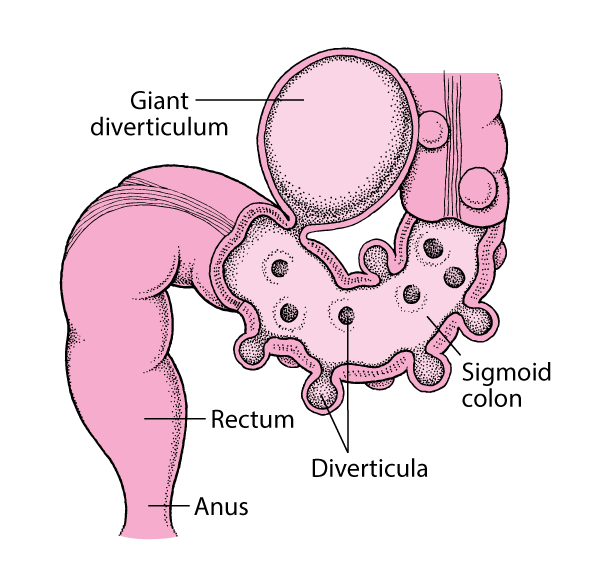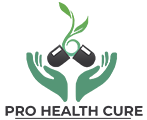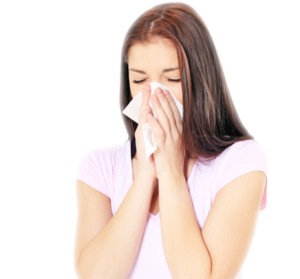
In the intricate tapestry of human health, some conditions remain shrouded in mystery until they make their presence known. One such enigma is Diverticular Disease, a condition that affects millions worldwide, often without people even realizing it. In this article, we’ll delve into the intricate details of this condition, exploring its symptoms, causes, and potential solutions.
Demystifying Diverticular Disease
Understanding Diverticular Disease
Diverticular Disease, a common gastrointestinal condition, primarily involves the formation of small pouches or sacs in the wall of the colon. These pouches, known as diverticula, can be found along the entire length of the colon. While they may remain asymptomatic for years, they can also lead to a range of health issues, especially when they become inflamed or infected.
Symptoms of Diverticulitis: Decoding the Signals
1. Abdominal Pain
The most prominent sign of diverticular disease, particularly diverticulitis, is abdominal pain. This discomfort often occurs on the left side of the lower abdomen and can range from mild to severe. It’s often described as a cramp-like or persistent pain.
2. Changes in Bowel Habits
Another symptom to watch out for is changes in bowel habits. This may include constipation, diarrhea, or a fluctuation between the two. Additionally, you may notice a sudden urgency to move your bowels.
3. Bloating and Gas
Excessive bloating and gas can accompany diverticular disease, causing discomfort and affecting your overall quality of life.
4. Fever and Chills
In more severe cases of diverticulitis, an infection within the diverticula can lead to fever and chills. This is a clear signal that you should seek medical attention promptly.
5. Nausea and Vomiting
Nausea and vomiting can be indicative of diverticulitis, especially when coupled with abdominal pain and fever. These symptoms may indicate an infection or blockage in the colon.
The Culprits Behind Diverticular Disease
1. Low Fiber Diet
One of the major culprits behind diverticular disease is a diet low in fiber. When your diet lacks adequate fiber, it can lead to constipation and increased pressure within the colon, making it more susceptible to the formation of diverticula.
2. Aging
Age is another significant factor in the development of diverticular disease. As we grow older, the risk of developing diverticula increases. It’s essential to be vigilant about your diet and health as you age to minimize this risk.
3. Genetics
Your genetic makeup can also play a role in your susceptibility to diverticular disease. If you have a family history of the condition, it’s crucial to be proactive in your approach to managing your health.
4. Lifestyle Choices
Certain lifestyle choices, such as smoking and inactivity, can also contribute to the development of diverticular disease. Quitting smoking and adopting an active lifestyle can help reduce your risk.
Seeking Solutions: Managing Diverticular Disease
1. Dietary Changes
The cornerstone of managing diverticular disease lies in dietary modifications. Increasing your fiber intake can help prevent constipation and reduce the risk of diverticula formation. Incorporate more fruits, vegetables, whole grains, and legumes into your diet. Adequate hydration is also essential to maintain regular bowel movements.
2. Medications
In some cases, your healthcare provider may prescribe medications to alleviate symptoms or manage infections. Antibiotics are commonly prescribed to treat diverticulitis caused by infection.
3. Lifestyle Modifications
Making positive lifestyle changes can significantly impact the course of diverticular disease. Regular exercise helps maintain bowel regularity and reduce the risk of constipation. Additionally, quitting smoking is crucial for overall gastrointestinal health.
4. Surgery
In severe cases or when complications arise, surgery may be necessary. Surgical options include removing the affected part of the colon or draining abscesses. These procedures are typically reserved for cases that do not respond to other forms of treatment.
Conclusion: Navigating the Path to Digestive Health
Diverticular Disease may be an enigma, but it’s one that can be managed and even prevented with the right knowledge and actions. Understanding the symptoms, causes, and solutions empowers you to take control of your digestive health. Remember, a fiber-rich diet, a healthy lifestyle, and regular check-ups with your healthcare provider can go a long way in keeping diverticular disease at bay. So, embark on your journey to digestive wellness, armed with the knowledge to decipher the signs and symptoms of this condition, and make informed choices for a healthier, happier life.




